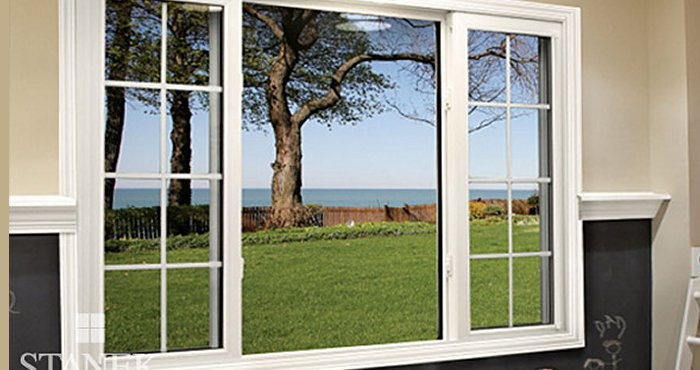Myths and Truths About Vinyl
When considering vinyl for your next project, it’s important to get the facts. That’s why it’s important to understand the truth regarding these myths about vinyl.
1) Vinyl can’t be recycled – FALSE!
Because vinyl is a thermoplastic, vinyl products can be melted and remolded repeatedly. Vinyl scrap, trim, and off-spec material recycled from the vinyl production process adds up to more than 1 billion pounds per year. According to the 1999 study this means that 99% of all manufactured vinyl is made into products — avoiding the landfill. The study also states that an estimated 18 million pounds of post-consumer vinyl are recycled annually.
2) Vinyl is a major source of dioxin – FALSE!
Dioxin is an unwanted by-product of incineration, uncontrolled burning and certain industrial processes. Vinyl is an extremely small source of dioxin, so small that levels in the environment would be essentially unchanged even if vinyl were not being manufactured and used every day in important products. Overall dioxin levels in the environment have been declining for more than 30 years, according to the EPA. During this time, production and use of vinyl more than tripled.
3) Vinyl contributes to the danger of building fires – FALSE!
Fire science shows that the greatest hazards in a building fire are heat and carbon monoxide (CO) – a lethal, odorless gas produced in abundance by virtually all burning materials. Because vinyl polymer is made from 57% salt, a plentiful natural resource which by its nature resists combustion, this can help slowdown fires and saves lives. Vinyl is one of the few materials meeting the stringent National Electrical Code of the National Fire Protection Association (NFPA) for insulating electrical and data transmission cables and the interior of airplanes.
4) Synthetic materials, like vinyl and other plastics, are bad for the planet – FALSE!
All materials, both natural and synthetic, have an environmental impact. A 2004 study of environmental life cycle analyses of vinyl and competing building materials by the European Commission found that vinyl offers environmental benefits equal to or better than those of other materials in many applications. Sources: AAMA’s Vinyl Material Council; Vinyl Institute; Vinyl In Design; American Chemistry Council Dioxin Facts King Shade & Window – Boston Replacement Windows Company

